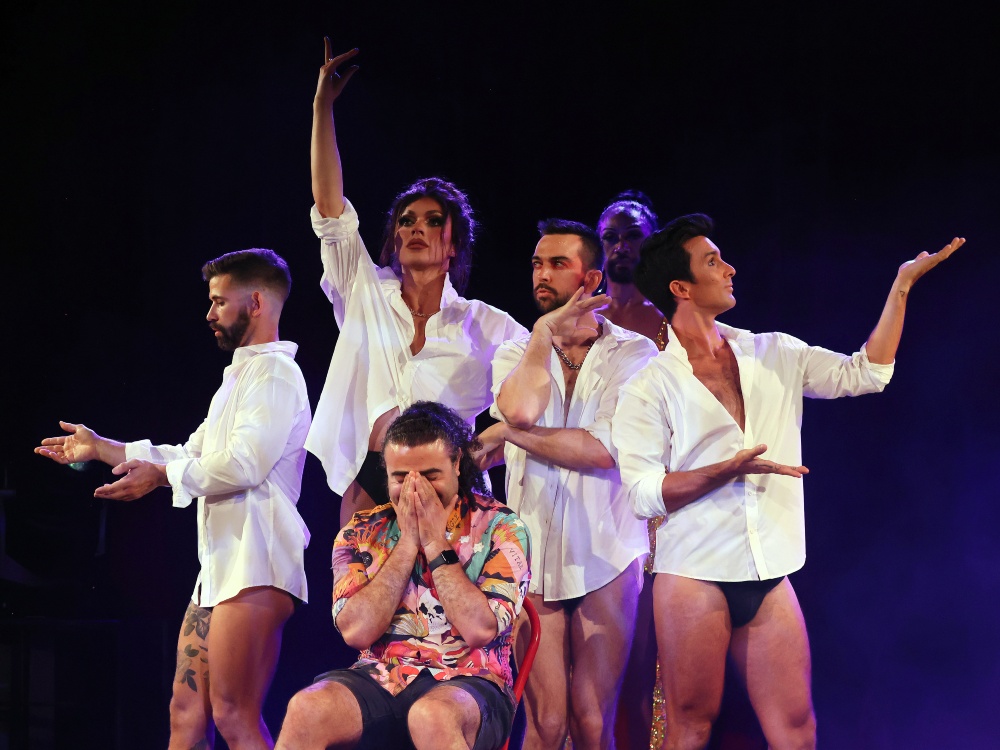In a stunning political upset, Canada’s Liberal Party has secured a fourth term in office, with party leader Mark Carney remaining as Prime Minister. The result comes despite polls predicting a strong Conservative victory, and even suggests opposition leader Pierre Poilievre may lose his seat in Carleton, Ontario.
The centre-left Liberals, led by former central banker Mark Carney since 14 March 2025, were trailing significantly just weeks ago. But anti-Trump sentiment and concerns over Canadian sovereignty appear to have galvanised support. Carney leaned into this during the campaign, warning that Donald Trump “wants to break us so America can own us,” and accusing the former U.S. president of attempting to turn Canada into the “51st state”.
But with the dust still settling on the election, many are now asking: what does Carney’s leadership mean for LGBTQ+ rights in Canada?
“We are all Canadians”
Carney has not been particularly outspoken on LGBTQ+ issues in the past. However, during an election event in Calgary on 9 April, he addressed them publicly for the first time.
When asked by Canadian Press reporter Dylan Robertson whether his government would protect access to gender-affirming care under the Canada Health Act and respond to the “backsliding” of rights for gender and sexual minorities, Carney offered a firm response.
“We are all Canadians, but we all have different identities and distinctions,” he said. “One of the great strengths of this country is recognising that people can be who they are, they can love who they love, they can live where they are, and it’s fundamentally important that the federal government is the defender of those rights, defender of the Charter of Rights and Freedoms.”
He added: “Access to health care in Canada is not a business, it is a fundamental right for all Canadians without exception.”
While Carney’s public record on LGBTQ+ issues is limited, his party’s legacy offers reassurance to queer Canadians.
A Track Record of Progress
The Liberal Party has consistently championed 2SLGBTQI+ rights. Under former Prime Minister Justin Trudeau, the government introduced federal legislation in 2016 to protect transgender rights, including explicit protections for gender identity and gender expression.
Trudeau also made history as the first sitting Canadian PM to march in a Pride parade (2016), appeared on the cover of Attitude magazine (2017), and later became the first world leader to feature on RuPaul’s Drag Race – appearing in Canada’s Drag Race in 2022.
The party’s official platform still promotes a “proud record of fighting for 2SLGBTQI+ rights,” signalling that no significant departure is expected under Carney’s leadership.
Pierre Poilievre’s Conservative Track Record
By contrast, Conservative leader Pierre Poilievre’s mixed record raised concern among LGBTQ+ voters. In July 2023, he faced backlash after posing with a man in a “straight pride” t-shirt at the Calgary Stampede. Though Poilievre later distanced himself from the slogan, saying he supported all Canadians “regardless of their sexual orientation,” many remained wary.
His gender-critical views became clearer in 2024, when he stated opposition to trans women accessing female-only spaces and voiced disapproval of gender-affirming care for trans youth, including puberty blockers. His defeat will likely come as a relief to many in Canada’s transgender and two-spirit (2S) communities.
What Comes Next?
While Carney’s personal statements on LGBTQ+ issues may be sparse, his April comments and the Liberal Party’s recent history suggest a continuation of policies that uphold and protect LGBTQ+ rights in Canada. With the full election outcome yet to be finalised, including whether the Liberals will hold a majority, the coming weeks will indicate how much political room Carney has to advance or defend progressive social policies.


































